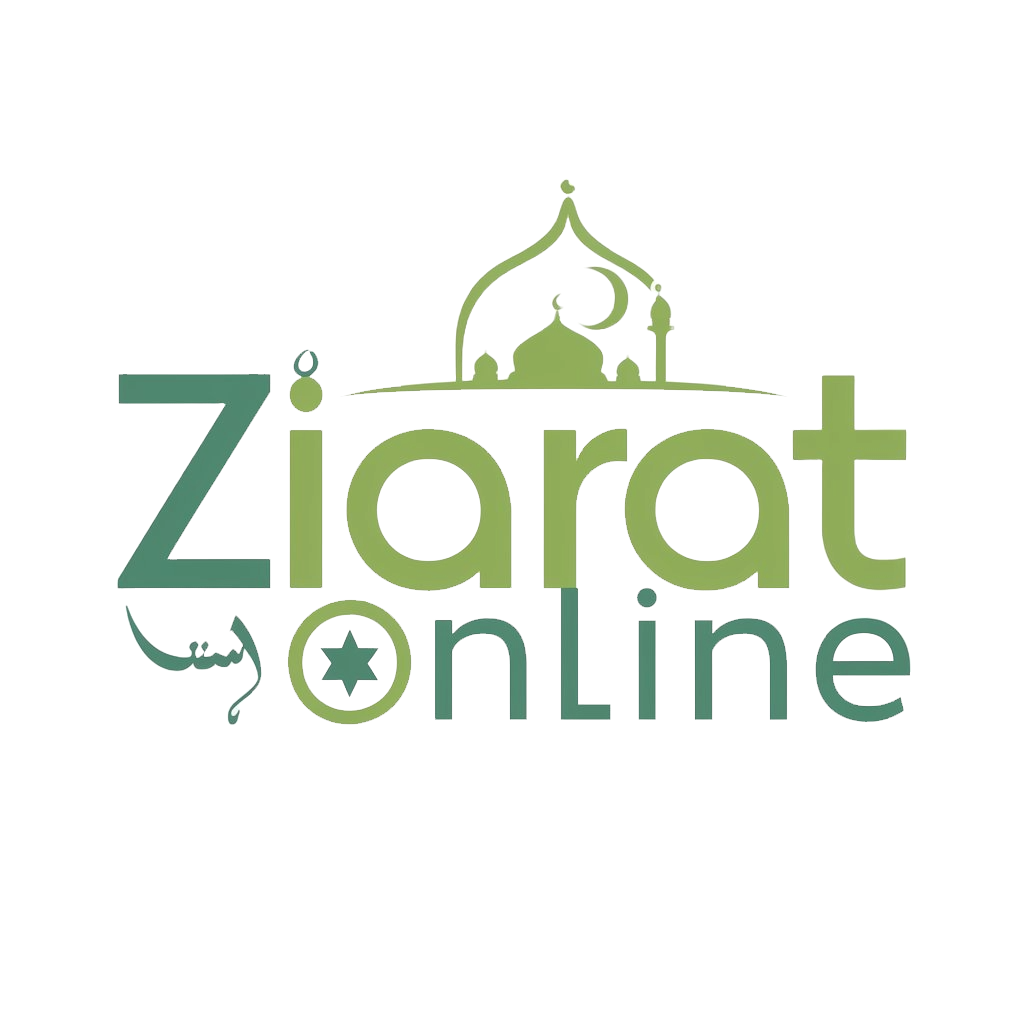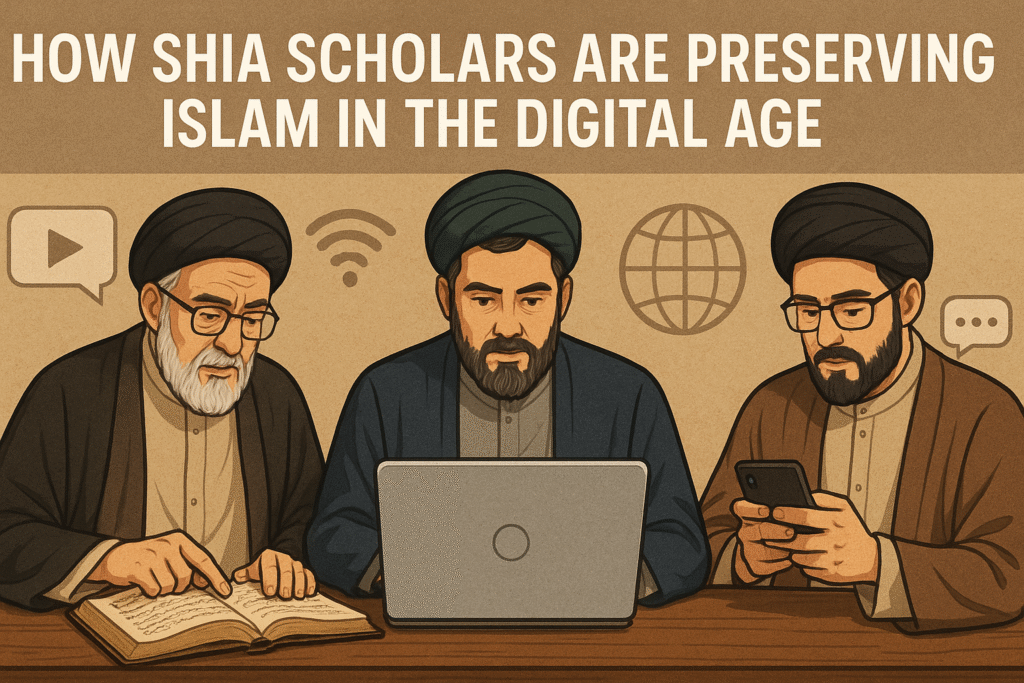Introduction
In an era dominated by fast information, artificial intelligence, and globalization, the role of religious scholars has expanded beyond traditional pulpits and seminaries. Shia scholars, inheritors of the intellectual legacy of the Ahlul Bayt (A.S.), are rising to meet the challenges and opportunities of the digital age. Through online platforms, digital libraries, mobile apps, and virtual classrooms, these scholars are safeguarding Islamic knowledge, addressing modern dilemmas, and guiding new generations of Muslims across the globe.
This article explores how Shia scholars are actively preserving, adapting, and teaching Islam using modern technology while staying rooted in authentic teachings and scholarly tradition.
Focus Keywords: Shia scholars digital age, preserving Islam online, Shia Islamic education, digital Islamic da’wah
Table of Contents
- The Need for Digital Engagement
- Virtual Hawzas and Online Learning
- Scholarly Contributions Through Social Media
- Digital Archives and Islamic Resources
- Challenges in the Digital Space
- Conclusion
The Need for Digital Engagement
As more Muslims turn to the internet for religious guidance, misinformation and sectarian content have also proliferated. In such a climate, Shia scholars have realized the urgency of providing authentic, accessible, and nuanced Islamic content through digital means.
Whether it’s addressing questions of fiqh through email fatwas, running livestreamed Muharram lectures, or publishing scholarly opinions on contemporary issues like bioethics and AI, digital presence has become a critical tool for Shia da’wah and preservation.
Virtual Hawzas and Online Learning
Hawza Ilmiyya Online
Several Shia seminaries (hawzas) have launched online courses that replicate traditional seminary curricula. Institutions in Qom, Najaf, and Western countries now offer access to Islamic sciences—tafsir, hadith, fiqh, usul, philosophy, and akhlaq—from anywhere in the world.
Examples include:
- Al-Mustafa Open University (Iran)
- Islamic Seminary Online (UK)
- Al-Kisa Foundation’s Digital Academy (USA)
These programs have empowered both men and women to engage in structured Islamic education, often with multilingual options (Arabic, English, Urdu, Persian).
Certification and Scholarly Interaction
Students can attend live sessions with mujtahids, submit assignments, and receive scholarly feedback—all through secure platforms. This virtual connectivity ensures traditional ijazah (certification) systems adapt to global needs without compromising depth.
Scholarly Contributions Through Social Media
From YouTube khutbas to TikTok reminders and Instagram Q&A sessions, respected Shia scholars and preachers have embraced social media to reach younger audiences.
Influential Figures
- Shaykh Shomali shares in-depth scholarly talks and fatwas online.
- Sayyed Ammar Nakshawani blends academic rigor with popular culture to reach English-speaking youth.
- Maulana Sadiq Hasan and Shaykh Azhar Nasser deliver powerful lessons via short reels and live streams.
These scholars present complex theology, ethics, and jurisprudence in relatable and digestible formats, helping Muslims make informed religious choices in real-life situations.
Digital Archives and Islamic Resources
Preserving Islamic heritage also means digitizing classical texts, rare manuscripts, and oral traditions. Shia organizations and scholars have established rich digital libraries, including:
- Al-Islam.org – Comprehensive library of books, articles, lectures
- ShiaOnlineLibrary.com – Multilingual access to classical and modern texts
- NoorMags and NoorLib – Digital Iranian repositories of scholarly journals and theses
These platforms help preserve centuries of Islamic knowledge and make it searchable, shareable, and secure against physical degradation.
Challenges in the Digital Space
While the internet offers vast opportunities, it also presents significant challenges:
- Misrepresentation and misinformation about Shia beliefs
- Cyber harassment and targeted attacks on scholars
- Over-simplification of complex religious issues in short-form content
- Commercialization of Islamic content, which can dilute sincerity or lead to inaccurate da’wah
Shia scholars must navigate these with care, ensuring their digital da’wah remains ethical, authentic, and spiritually uplifting.
Conclusion
Shia scholars today are not just guardians of ancient texts—they are digital torchbearers of divine knowledge. From launching virtual hawzas to engaging youth on social media, they are blending timeless wisdom with cutting-edge tools to preserve and propagate the message of Islam.
Their work ensures that no matter the medium or generation, the light of the Ahlul Bayt (A.S.) continues to guide hearts around the world.
Also read:

